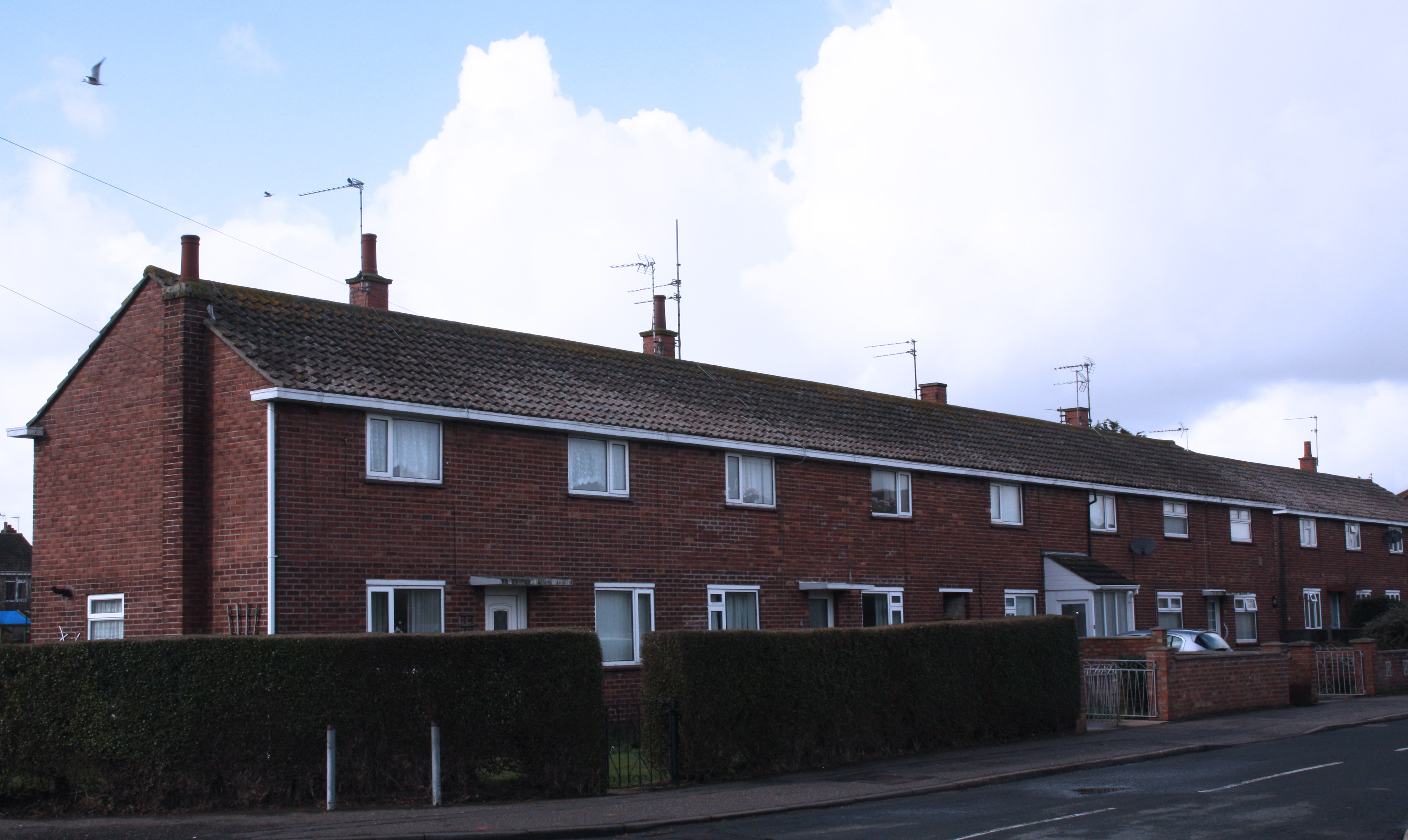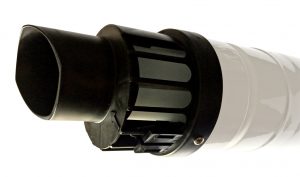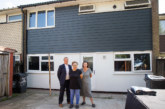
New changes to Part L of the Building Regulations (known as Boiler Plus) dictate that one of four energy efficiency controls must be fitted when installing new combi boilers in England. Jeff House, Regulatory Marketing Manager at Baxi Heating, says Boiler Plus compliance need not be expensive or complex for councils and housing associations.
 Boiler Plus is part of the Government’s Clean Growth Strategy, aimed at cutting carbon emissions to combat climate change and encouraging consumers to prioritise the thermal comfort and energy efficiency of their heating. The great news is that, as a result, tenants will benefit from increased energy efficiency and reduced bills.
Boiler Plus is part of the Government’s Clean Growth Strategy, aimed at cutting carbon emissions to combat climate change and encouraging consumers to prioritise the thermal comfort and energy efficiency of their heating. The great news is that, as a result, tenants will benefit from increased energy efficiency and reduced bills.
The technical requirements, effective in England only, dictate that all gas boiler installations in existing buildings must meet 92% seasonal space heating energy efficiency in line with the ErP Directive. Time and temperature control must form part of all boiler installations and furthermore, combi boiler installations must include one of the four following options: weather compensation, load compensation, flue gas heat recovery or smart control with automation and optimisation functions.
Of these options, weather compensation can be one of the more cost-effective routes to compliance, and is an ideal option for social housing properties; especially with ever-tightening government budgets. Many weather compensation sensors are standalone units fixed to an exterior wall, however, Potterton offers an outdoor sensor that forms part of the flue terminal and connects directly to the boiler.
 The Multifit IFOS (pictured) provides accurate temperature sensing as it’s out of direct sunlight, due to its attachment to the underside of the flue terminal, drawing in a free flow of air over the sensor. This innovative installation method also eliminates the requirement of a north facing wall upon installation, resulting in additional flexibility for the installer.
The Multifit IFOS (pictured) provides accurate temperature sensing as it’s out of direct sunlight, due to its attachment to the underside of the flue terminal, drawing in a free flow of air over the sensor. This innovative installation method also eliminates the requirement of a north facing wall upon installation, resulting in additional flexibility for the installer.
Factoring Boiler Plus requirements into boiler installations need not be expensive or complex for councils and housing associations, and will not only boost the efficiency of heating systems, but also help combat fuel poverty by reducing costs for residents and householders.








